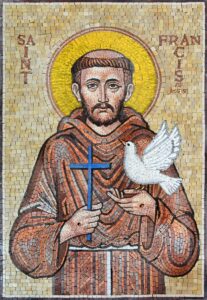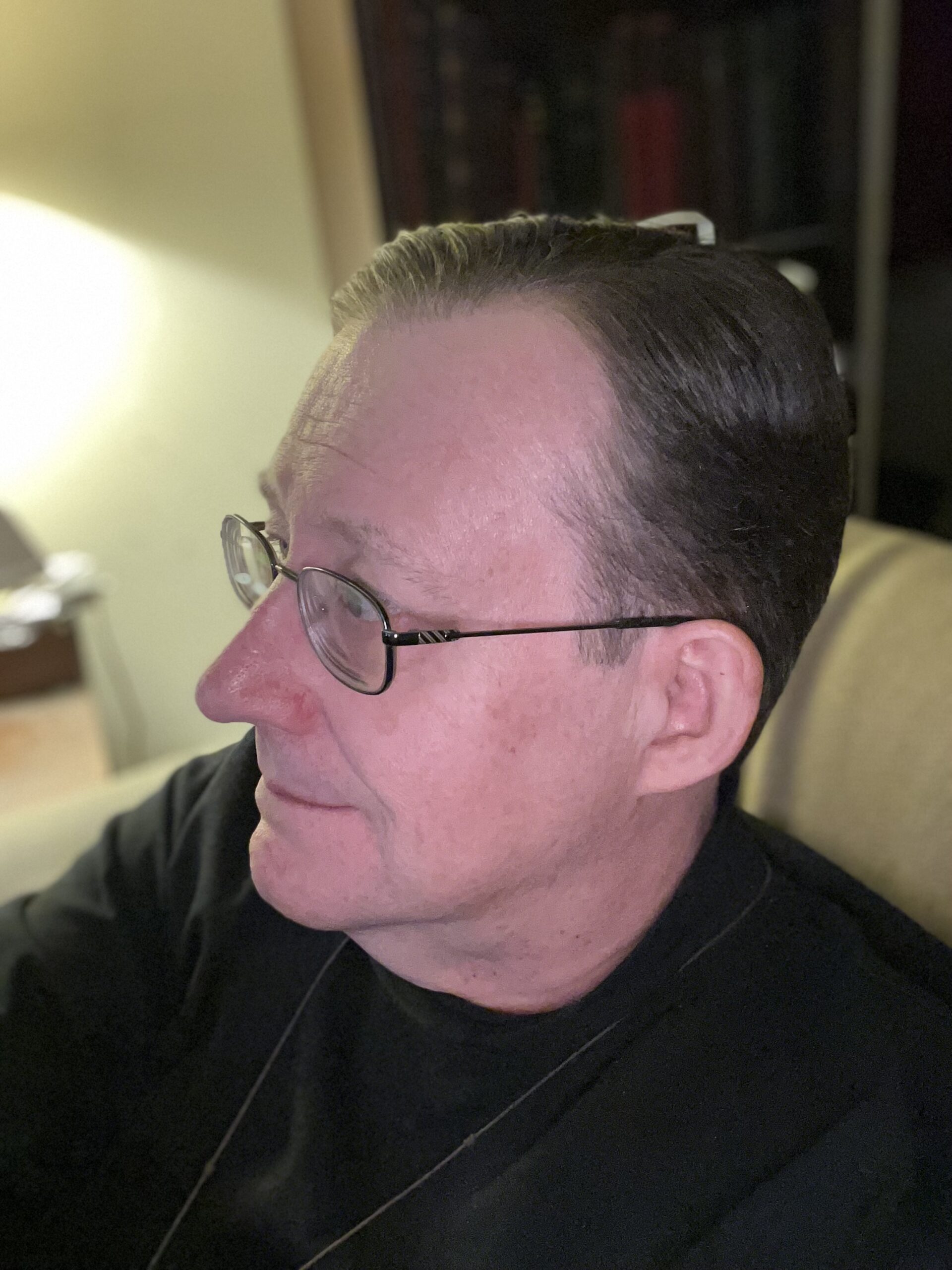It’s been a long time (almost four years) since I last posted to this blog. I suppose I could come up with a bunch of plausible excuses, but the truth is I just haven’t been motivated to post. Life over the past four years had settled into a rather predictable (dare I say dull?) routine with few bumps and budges worthy of writing about. Blah, blah, blah.
But now, here we are in the midst of the biggest crisis to hit New York since 9/11, and arguably the biggest crisis to hit nation-wide since World War II. COVID-19 is without argument the biggest pandemic crisis we’ve had since the 1918 Spanish Flu epidemic (itself largely forgotten in history due to World War I’s long shadow), so surely this is worthy of blogging about. Surely now I have something to say since I had nothing to say previously.
The short answer is yes, and I will get to that later in this post. But now that I’m sitting here typing away, I realize that I’ve shortchanged myself and those of you who read the blog when I say nothing has happened worth writing about since 2016. No, I’m not talking about the election nor any of the shenanigans emanating out of Washington ever since. Those of you who know my politics might be surprised by my opinions on the matter–those of you who know me well won’t be surprised at all, and as Forrest Gump would say, “That’s all I have to say about that.”
So perhaps the biggest news of the past four years in my life has been my mother moving out of New York to a senior living community in Florida. In 2017, Mom had some health set-backs that made it less-than-ideal to be living by herself in her apartment on 86th Street, so we began to look at some sort of assisted living situation. Prices on such places in NYC and surrounding areas are insane, so we kept putting it on the back burner and hoping we could get by with some periodic aide assistance–which itself was not inexpensive by any measure.
Meanwhile, recall that my Aunt Jan lives at John Knox Village, a “Life Care” community in south Florida. Life Care communities are essentially one-stop-shopping for seniors looking for medical security as they age: starting off with independent living, residents can transition to assisted living or further to full nursing care all within the same campus. In JKV’s case, once you’ve moved in and paid the initial buy-in, there’s no additional cost to transitioning to/from the various levels of care. As is typical with my Aunt Jan, she got involved in JKV’s governance as soon as she moved down there herself, and by late 2017 was completely plugged into everything going on there.
So towards the end of the year we got a phone call from Jan letting us know about a promotion JKV had going on where they offered a substantial discount on the buy-in price of selected apartments. Having visited Jan at JKV in 2015 (celebrating Mom’s 80th birthday!), we were all familiar with the set-up down there and already had a favorable outlook on it. The reduction in price sealed the deal and Mom decided to sign up. We made the physical move in April of 2018.
There’s good and bad to the change. On the very good side, all of us in the family, including Mom, are much happier that she’s in a situation where help is immediately available and where support systems are in place to make her life easier while still enabling her to live independently. Also on the positive side, her sister lives on the same campus and her nephew, with his wife and kids, live nearby and frequently visit; her niece, whom she’s very close to, comes down from Alaska to visit Jan a couple times a year, usually with her own kids. All this means there’s plenty of family around.
The only real down side is that she misses seeing me and Andrew as often, and she misses seeing her best friend, a neighbor in her old building. And, of course, we all miss seeing her as often. Andrew and I fly down about every four months for a week’s visit, and we keep in touch almost daily by phone (and occasionally, when the tech Gods are smiling, by FaceTime!). It’s still not the same, of course.
Our next scheduled visit in in early June, and that’s where I’m going to transition into talking about COVID-19, because at this point nobody can predict if that trip will happen or not. Currently, maximum “social isolation” protocols are in place, so any travel right now simply isn’t in the cards, and likely won’t be until at least the end of April–I suspect the end of May is more realistic, and even that might be an optimistic target.
New York City is really strange right now. The streets are very quiet compared to a “normal” weekday–the feeling is very much like a Sunday morning on a holiday weekend. I only have one client I’m seeing on a regular basis (twice a week) and she has been kind enough to have her driver pick me up and drop me off at home. Every time I step out of the apartment, I’m gearing up with mask and gloves, and hand washing has reached OCD levels or close to it. So far, Andrew and I haven’t had any trouble getting supplies, although the selection of restaurants still making order-out deliveries is shrinking. Ordering groceries for delivery is nearly impossible–not because FreshDirect or Amazon aren’t doing deliveries, but because delivery slots are snapped up as soon as they’re made available. If you’re not banging the “reserve” button as soon as the new slots pop up as if you were on Ticketmaster for the hottest concert ever, well then just forget it. Bottom line: we have to go out and shop in the local grocery stores, which means that much more possible exposure.
I must admit that this whole social isolation thing brings up mixed feelings. In terms of daily lifestyle, not a lot is different–I’m mostly a stay-at-home kind of guy anyway, so not being able to go out a lot doesn’t make a big difference to me. However, there are some things I enjoy doing that I can’t do, the two biggest of which are going to church services and going to Mankind Project meetings. I also miss the short walks to and from subway stations and my clients’ homes–actually, I miss people-watching on the subway (even if I don’t miss rush-hour crowding!). These are small things, but not having them is like having tiny pin-pricks of life disruption that over time is quite wearing.
Perhaps the most wearing of all is this general feeling of unease, of low-level anxiety about what the future holds. Will I get sick, and if I do what will happen? Will any of my clients get sick? Are more restrictions going to be needed? Will it become more difficult to get food and supplies? All these questions and more rattle around in the brain and all, to greater or lesser degrees, are ultimately unanswerable in the here-and-now. Only time will tell. Physiologically, we can handle flight-or-fight–a lion is chasing me, run away!–but we’re not designed to thrive with a constant low-level threat. I find it draining.
Be well, everyone, and I’ll see you on the other side.


